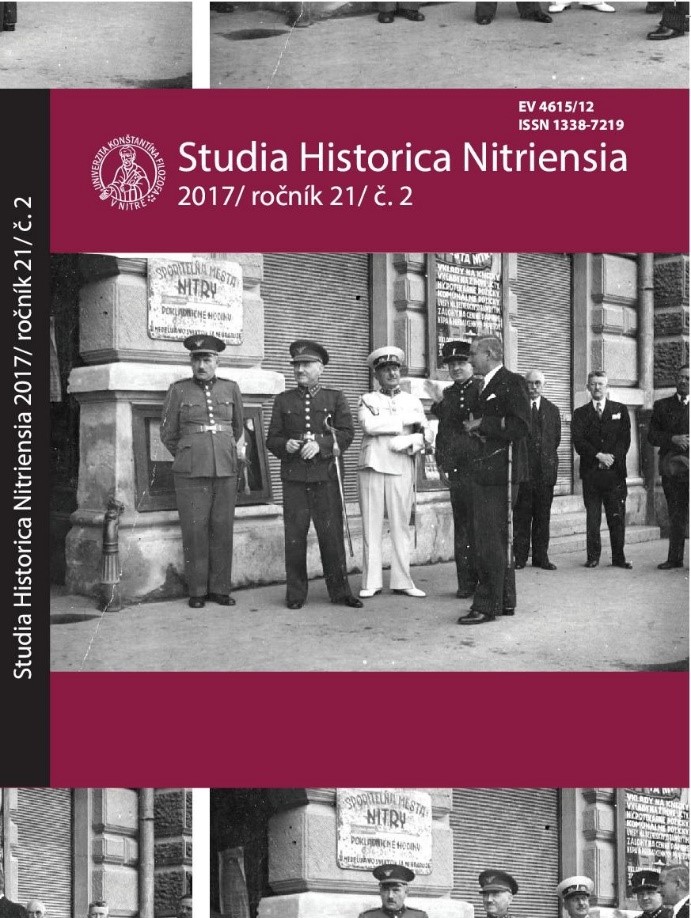Idea čechoslovakismu versus dotváření svébytného slovenského politického národa v první Československé republice
The Idea of the Czechoslovakism Versus the Extension of the Sovereign Political Nation in the First Czechoslovak Republic
Author(s): Jan RychlíkSubject(s): History, Political history, Pre-WW I & WW I (1900 -1919), Interwar Period (1920 - 1939), WW II and following years (1940 - 1949)
Published by: Univerzita Konštantína Filozofa v Nitre, Filozofická fakulta
Keywords: Czechoslovakism; The First Czecholovak Republic; Political Nation;
Summary/Abstract: Czechoslovakism is a theory claiming that Czechs and Slovaks form a single nation using two languages or two literary versions of the same language. Czechoslovakism is based on natural cultural and language affinity of Czechs and Slovaks and has roots in early romantic national movements. The theory was essential for the creation of Czechoslovakia in 1918. During the inter-war period Czechoslovakism was supported by official representatives and became part of the state ideology. In Slovakia, however, the idea was strongly criticized and rejected by most of the population and especially by the autonomist movement. After 1945 the idea was abandoned.
Journal: Studia Historica Nitriensia
- Issue Year: 21/2017
- Issue No: 2
- Page Range: 431-440
- Page Count: 10
- Language: Czech

